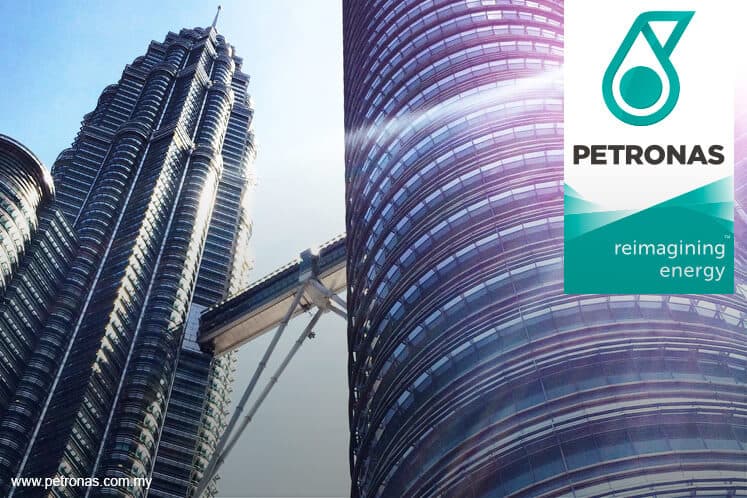
KUALA LUMPUR (May 8): While the renewable energy (RE) industry has made some great strides in recent years, oil and gas (O&G) players said the alternative energy segment is yet to pose a threat to the industry.
Petroliam Nasional Bhd (Petronas) president and group CEO Wan Zulkiflee Wan Ariffin said data shows RE will not overtake the O&G industry, at least not for the next 20 years.
"Looking at our data, we don't see a scenario where RE would displace or be a threat to our business, within the next 20 years. But we do view it to be a business opportunity," he said during a panel discussion at the 19th Asia Oil and Gas Conference today.
He said Petronas has some small solar power assets such as its plant in Gebeng, Pahang, and has also commenced research on the installation of solar panels on the rooftop of the Suria KLCC Mall.
"However, I wouldn't discount [the possibility], after we've done enough assessment and identified the opportunities, that we will take a serious look into this and make decisions for investments in other forms of RE," he added.
ConocoPhillips chairman and CEO Ryan Lance concurred, adding that RE is still not sustainable currently, as subsidies are still required to make the usage of renewables feasible.
"I don't think it's an existential threat to the business in the near term. Certainly we have to embrace what's happening on the renewables side, but it has to be sustainable in the market, so it can't be propped up by subsidies," he said.
During his speech at the start of the event, Saudi Arabia's minister of energy, industry and mineral resources Khalid Al-Falih said the global energy environment is in its early stages of a major transformation, considering the progress made with renewables and electric vehicles.
However, he said these alternative sources of energy are starting from a small base, with future growth likely to be slower than expected.
"Besides the technical and economic hurdles faced by alternatives, affordability is likely to be an issue in many developing economies, considering that alternatives still require subsidies due to their high cost, compared to conventional energy sources that are proven, reliable and supported by a massive system of existing infrastructure," said Khalid.
He expects global energy transition to be a long and complex process, after noting concerns that the slowdown in O&G investments — due to the short term oversupply and unrealistic expectations of rapid RE deployment — could lead to energy shortages.
"I believe we should continue to work to develop a diversified energy portfolio, which encompasses both conventional and new energy sources, giving alternatives the time and space they need in order to effectively, efficiently and economically shoulder a larger burden of world energy demand over time," he said.